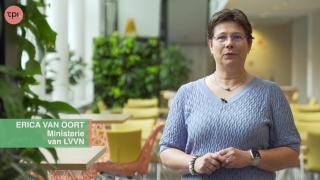GUTS BV - small intestine-on-a-chip and advanced computational analysis for compound and protein screening
GUTS BV is a contract research organization offering its 3-dimensional state-of-the-art small intestinal in vitro model in combination with custom computational analysis approaches. The small intestinal model was developed during Dr. Paul Jochems PhD research at Utrecht University in the group of Prof. Roos Masereeuw. In comparison to the current gold standard (Transwell model), they show improvement in cell differentiation (all major specialized cell types present), physiological structure (3D tube- and villi-like structures) and a functional epithelial barrier. After acquiring experimental data from this model computational analysis approaches are used to score and compare measured compounds for all tested biological parameters at once. The combined effort of improved in vitro modelling and data analysis is believed to result in an enhanced preclinical predictability.
GUTS BV was nominated for the Venture Challenge 2021 for their development of an intestinal model combined with advanced computational analysis for protein and chemical compound screening.
Research papers:
https://www.sciencedirect.com/science/article/pii/S0887233318307811
https://www.mdpi.com/2072-6643/12/9/2782/htm
https://www.nature.com/articles/s41538-020-00082-z
New

Helpathon #12 – Can you help Erica?

The NAM Navigator: A unique repository for information on the validation and acceptance of New Approach Methodologies
